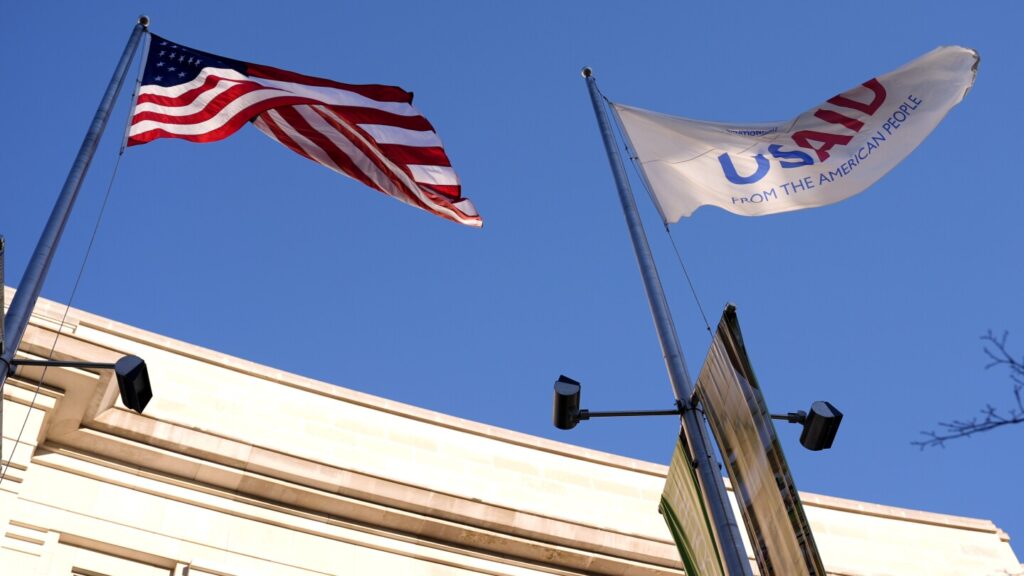The Trump administration has recently made significant changes to the U.S. Agency for International Development (USAID), impacting its humanitarian assistance programs globally. Established during the Cold War by President John F. Kennedy, USAID has been a key player in countering foreign influence, especially from Russia and China. However, the recent freeze on foreign assistance by the Trump administration has led to program shutdowns, layoffs, and confusion over exempted projects, affecting aid and development work worldwide.
Critics argue that USAID programs are wasteful and push a liberal agenda, while Republicans and Democrats have differing views on the agency’s autonomy and funding. The freeze has had severe consequences, such as HIV patients in Africa being denied access to clinics and migrant support programs in Latin America being disbanded.
Despite the U.S. being the largest global provider of humanitarian assistance, a significant portion of Americans believe the government is overspending on foreign aid. There are concerns over the potential dissolution of USAID by Trump, although legal battles may arise due to constitutional constraints.
Elon Musk’s Department of Government Efficiency (DOGE) has targeted USAID, alleging misuse of funds and referring to the agency as a “criminal organization.” The future of USAID and its impact on global humanitarian efforts remain uncertain amidst these changes and criticisms.

